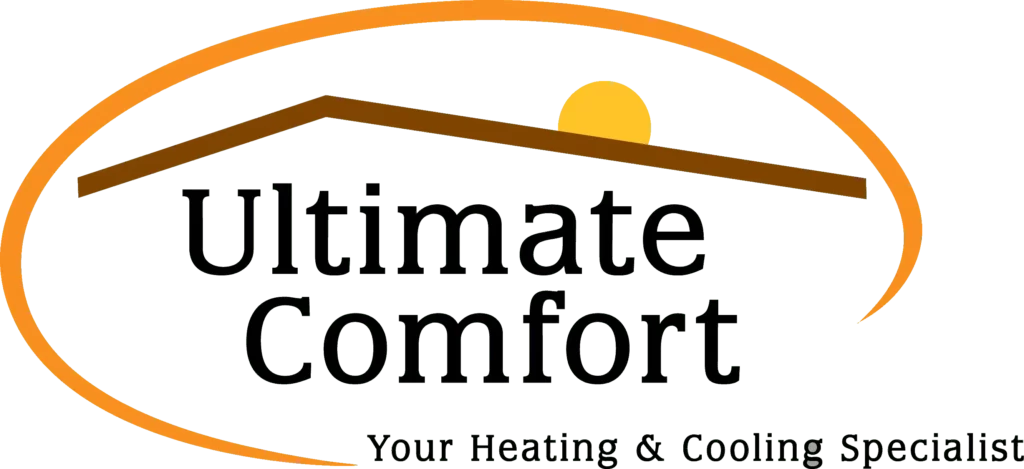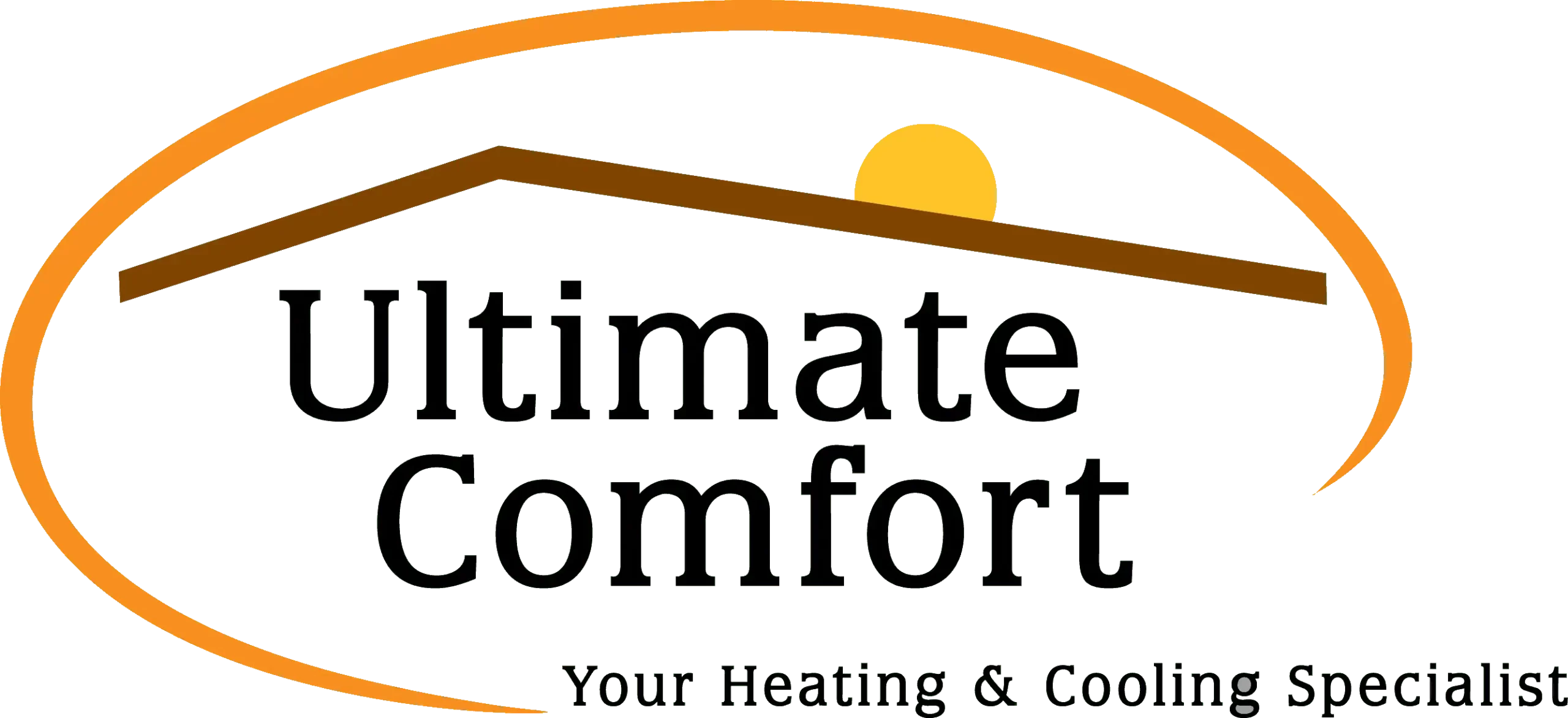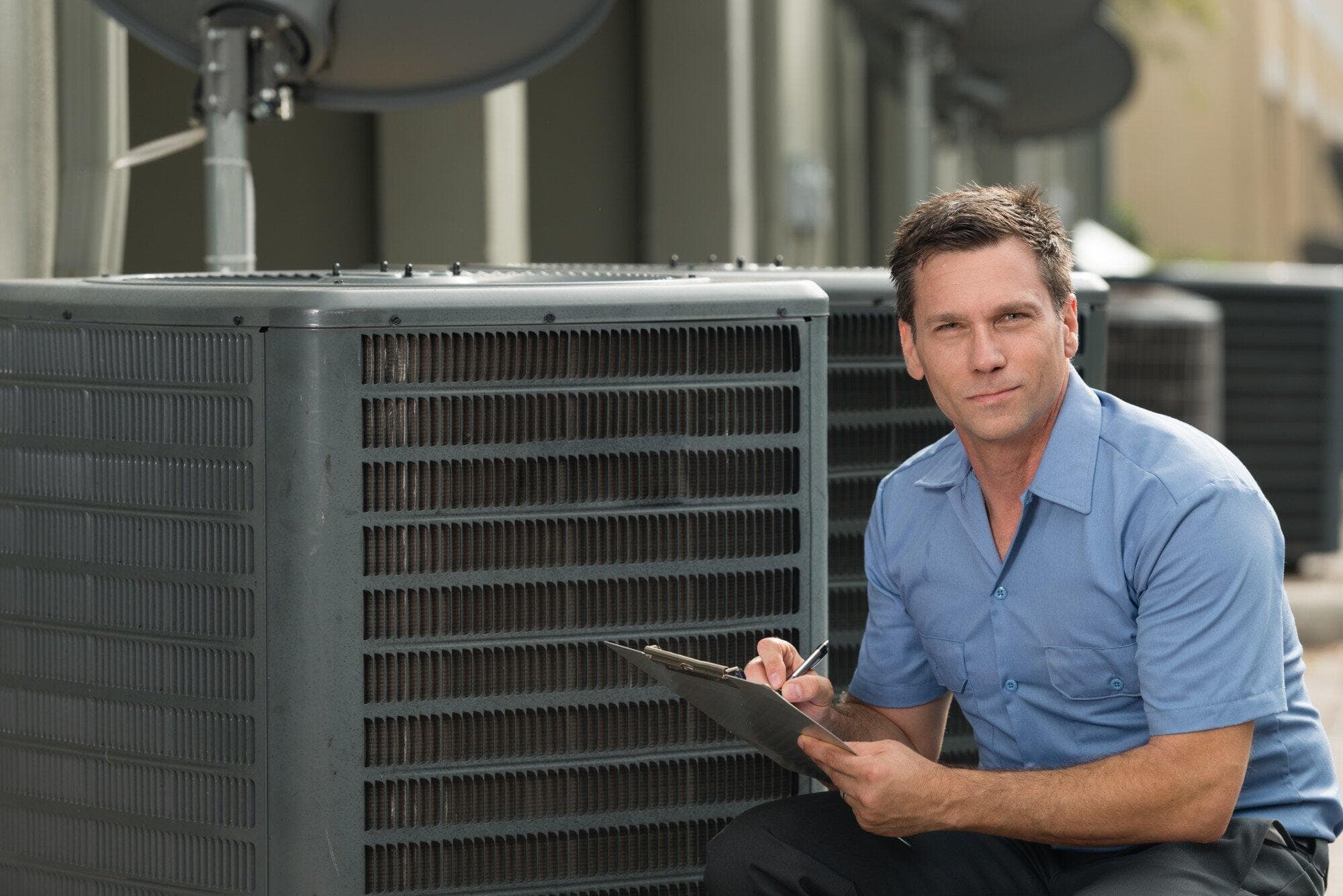Can you imagine a modern home without an HVAC unit? From improved air quality to lower energy bills, these units offer a variety of benefits.
If there’s a downside to HVAC systems, it’s that they can be expensive to repair. The solution: invest in HVAC inspections. On top of preventing costly repairs, routine inspections will increase your unit’s lifespan.
Not sure what an HVAC inspection involves? Here are some essential HVAC components that every technician will take a look at.
AC System Inspection
An air conditioner inspection covers all the parts of the AC unit that keep your home cool in the summer. This includes (but isn’t limited to):
Condensate Drain Lines
The condensate lines remove any excess water from your unit’s drain pan. If these lines are loose or damaged, the unit will start leaking. This issue could lead to costly repairs if it’s not dealt with quickly.
AC Evaporator Coils
The evaporator coils absorb humidity and heat from indoor air. Since they’re hard to access, they’re vulnerable to dirt, mold, and icing. If the coils aren’t working at their best, the unit’s energy efficiency will drop.
Electrical
Your HVAC inspector will also measure the amp draws and voltage of the unit’s motor capacitator and electrical wiring. Electrical issues with your AC can cause it to shut down on its own or make strange noises.
Furnace Inspection
Inspecting your unit’s furnace is the best way to ensure it will keep your home warm all winter. Some key components to check are:
Thermostat
A thermostat test is one of the first things any HVAC inspector will do. They will look at the internal wiring to see when the heat comes on. If the thermostat isn’t reaching its set temperature, the inspection will reveal why.
Ignition
The furnace’s ignition includes its burners, ignitor, and flame sensor. Dirt buildup on these components may cause your furnace to blow cold air. An ignition test will also confirm the pilot light works as intended.
Furnace Blower
The furnace blower circulates hot air throughout the HVAC unit and into the ducts. The inspector will check the blower and clean it if needed. A dirty furnace blower motor may struggle to keep up with your heating needs.
Air Duct Inspection
Air duct inspection revolves around checking your unit’s airflow and potential leaks. This is important for both heating and cooling efficiency.
Air Flow Check
HVAC technicians will check filters, registers, and vents to ensure air can move properly through them. This inspection may include an air temperature check, but this is only possible on a hot day.
Duct Leaks
Leaky air ducts are among the main causes of high energy bills. HVAC technicians use special equipment to detect leaks. This involves pressurizing the duct system and measuring the airflow.
Schedule an HVAC Inspection Today!
Ideally, you should schedule HVAC inspections six months apart. Most homeowners do it in the fall and spring to get ahead of big weather changes. If you do schedule one, the above guide will let you know what to expect.
Ready to schedule a professional HVAC inspection? At Ultimate Comfort, we provide a complete selection of HVAC services! Contact us here to learn why our company mission is to make our customers’ lives comfortable!


